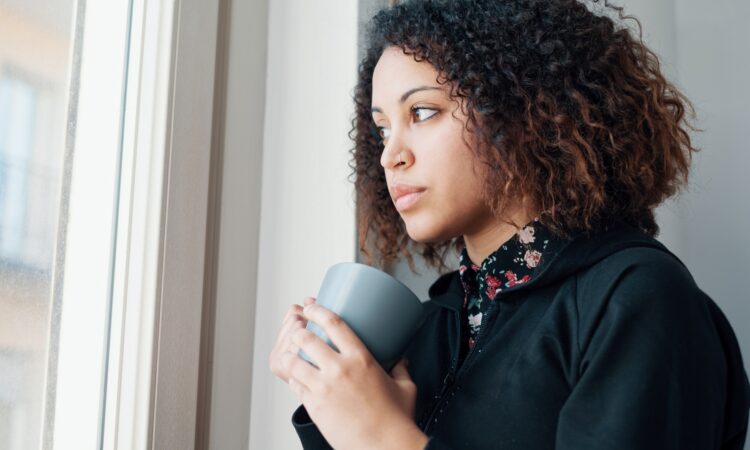An Ancestral-Indigenous Culture Approach to Reducing Trauma and Chronic Health Conditions in BIPOC Communities
Black, Indigenous, and people of color (BIPOC) are 1.5 to 2.0 times more likely than white people to develop many of the major chronic health conditions. Diabetes, lung diseases, and serious heart conditions have been particularly relevant to COVID-19 risk (Price, J.H., Khubchandani, J., McKinney, M., & Braun, R., 2013).
Historic, transgenerational, and present-day oppression has contributed to BIPOC stress, duress, and trauma. This adversely affects emotional wellbeing and correlates with hormonal and metabolic imbalance, inflammation, and immune-suppression. BIPOC communities have a disproportionate high rate of chronic health conditions and impaired immunity. Research has indicated the multi-generational consequences and genetic predisposition/vulnerability related to unhealed emotional pain/trauma with ongoing re-exposure.
Chronic Stress, Emotional Wounding/Pain, & Trauma
Generally, chronic stress includes socio-economic, work-life, partner, family, social/community, and environmental/geopathic factors. Oppression, suppression, subjugation, colonization, slavery, genocide, alienation, trauma, grief, and loss compounds chronic stress. Black, Indigenous, and people of color (BIPOC) experiences related to income disparity, inequality, injustice, prejudice, discrimination, violence, and systemic racism as well as cultural and ancestral-transgenerational trauma add to these stressors. Ongoing reduced sleep, insufficient hydration, and low nutrient dense foods deplete the body’s resources and act as metabolic stressors. A 2020 study by John Hopkins found that chronic stress can weaken immunity, making BIPOC communities more vulnerable to diseases like COVID-19 (and the underlying health conditions that increase the risk of COVID-19).
The research of Drs. Candace Pert and Daniel Amen have shown that emotions create a biochemical response and affect physiological functioning. Dr. Van der Kolk’s research indicated that trauma is not only stored in the neocortex and limbic areas of the brain; but, also in the cells and the RNA/DNA. Unresolved emotional pain and trauma associated with these experiences further increase risks for impaired immunity.
BIPOC Healing, Relationship, & Ancestral-Indigenous Culture
Ancient cultures understood the holistic nature of emotional wounding, pain, and trauma and created interventions to regularly release experiences that would otherwise impact the health of the person and the community. Healing space was regularly created in relationship via ritual and ceremony. Personal lineages, family ancestors were included in the work for healing across past, present, and future generations. This was spiritual; but in the context that the mind, body, and heart-soul are spirit manifest, spirit as form. Relationship, (i.e., heart to heart, nature) maintained balance and restored the community. Health, wellbeing, and prosperity was dependent on healing relationship. Cultural research by Drs. Eduardo Duran, Faith Parks, Joy DeGruy Leary, Maria Brave Heart and others has laid the foundation for evidence-based, ancestral indigenous interventions.
Liberation: Healing in Community
Dr. Myra Miller provides healing space in an ancestral-indigenous culture context to help resolve emotional wounding/pain and trauma. These are key contributors to inflammation, chronic health conditions, and impaired immunity. Personal and group-based sessions (Zoom) are integrated for self-healing in relationship and community. Contact us to learn more or register for our upcoming Healing from Oppression introduction and life group (Zoom).
